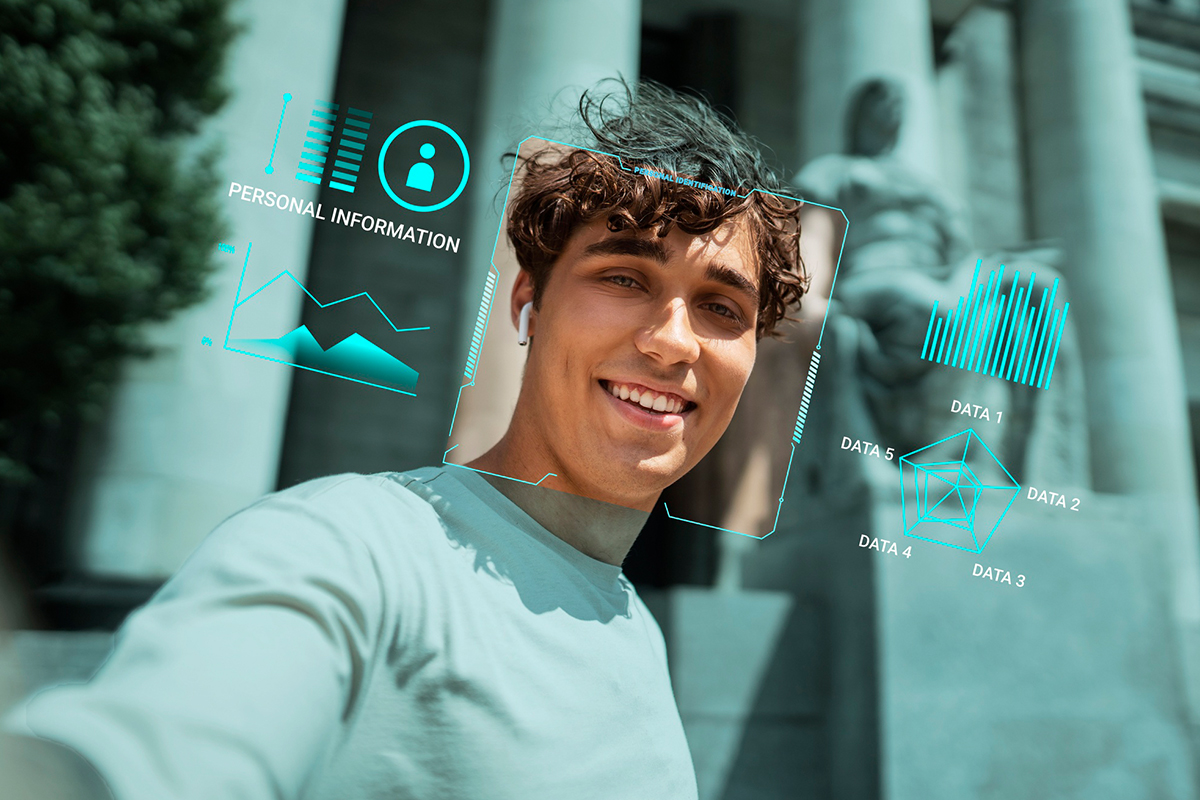Intelligent assistants continue to evolve rapidly, becoming an integral part of daily life. The year 2025 has been marked by significant breakthroughs in artificial intelligence (AI), unlocking new opportunities for both users and businesses. Let’s explore the major innovations that AI assistants have brought this year.
Hyper-Personalization: AI That Knows You Better Than Yourself
Tailored Recommendations
One of the key trends in 2025 is hyper-personalization. Modern machine learning algorithms create user profiles that encompass not only preferences but also emotional states, contextual needs, and even long-term goals.
Contextual Adaptation
New AI assistants can analyze tone of voice, facial expressions, and communication styles to offer recommendations perfectly suited to the moment. For instance, if a user feels tired, the assistant may suggest postponing complex tasks or arranging a food delivery tailored to their preferences. Moreover, thanks to integration with smart home devices, these systems can automatically adjust lighting, temperature, and even music to create the ideal environment for work or relaxation.
Personalized Learning
Hyper-personalization has also revolutionized education and professional development. AI assistants now craft custom learning plans based on users’ current knowledge, progress, and optimal learning times, making the process more efficient and engaging.
Multi-Agent Architecture: AI Systems Working in Harmony
Specialized Agents
Another milestone in 2025 is the development of multi-agent architecture. Instead of relying on a single general-purpose assistant, users now benefit from networks of specialized AI agents that collaborate to tackle more complex tasks.
Applications in Daily Life
For example, when planning a trip, one agent might handle flight bookings, another hotel reservations, and a third organizes excursions and itineraries. These agents work together seamlessly to deliver a unified, comprehensive service.
Business Benefits
This concept is also widely adopted in business. Virtual AI teams help companies optimize internal processes, such as automating logistics, analyzing real-time data, or managing projects. Multi-agent architecture minimizes errors and accelerates the completion of complex tasks.
Integration with Generative AI: A New Creative Frontier
Content Creation
The integration of AI assistants with generative models has been a major highlight of 2025. These systems can now produce text, images, music, and even video content with remarkable accuracy and personalization. This development opens up entirely new possibilities for creativity and business.
Streamlining Routine Tasks
For example, designers can use assistants to quickly generate visual concepts, writers can brainstorm storylines, and marketers can craft advertising campaigns. Generative AI has become particularly popular among entrepreneurs, offering tools that previously required significant time and resources.
Data Visualization
Generative AI has also revolutionized user interfaces. Assistants can now visualize information alongside providing answers. For instance, a query like “create an investor presentation” results in a complete, tailored structure and design based on the user’s business context.
Opportunities and Challenges
Privacy and Ethical Concerns
Despite impressive progress, the development of AI assistants in 2025 comes with challenges. Privacy and ethical concerns remain top priorities, as systems working with personal data require strict oversight.
Ensuring Equal Access
Another significant challenge is ensuring these technologies are accessible to a broad audience, to prevent digital inequality.
In 2025, AI assistants are becoming more versatile, intuitive, and helpful than ever. Through hyper-personalization, multi-agent architecture, and integration with generative AI, they deliver unique solutions that transform how we work, learn, and live. While challenges remain, the potential of AI to enhance daily life is more evident than ever.



